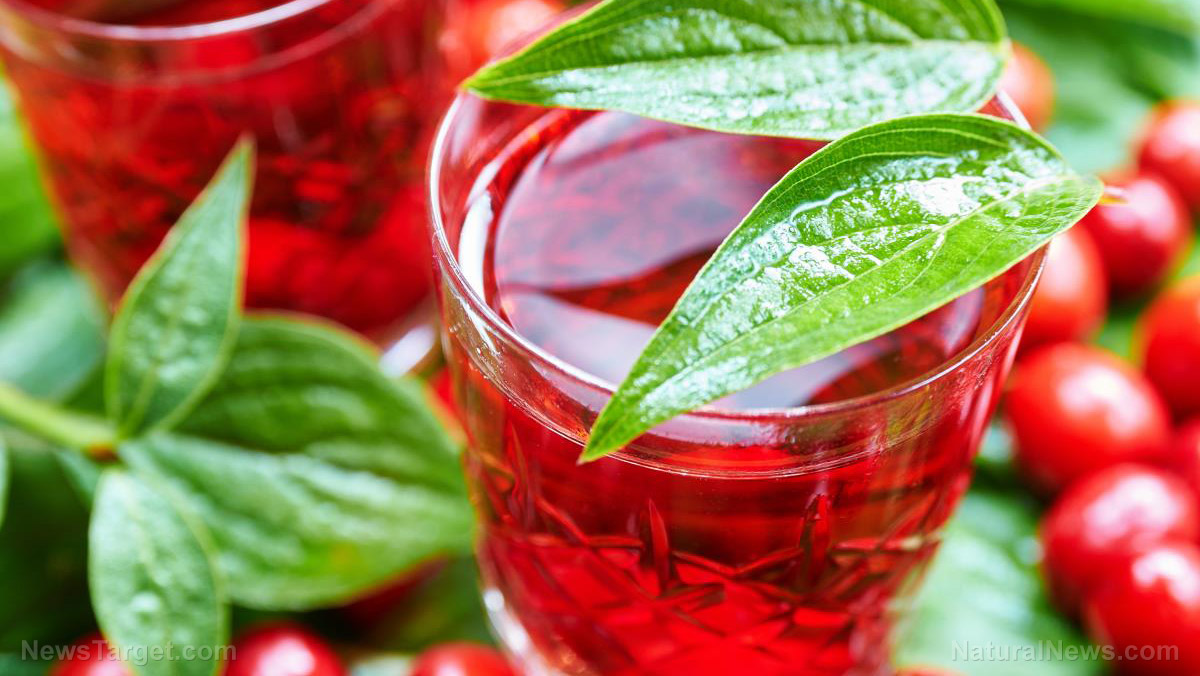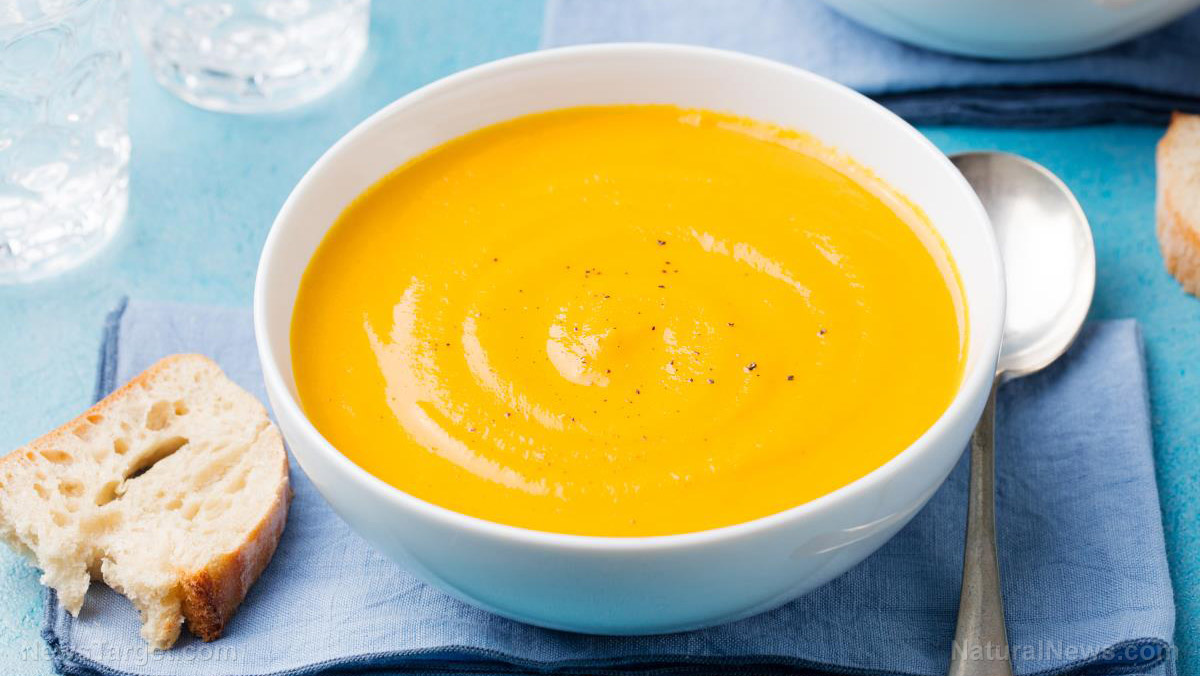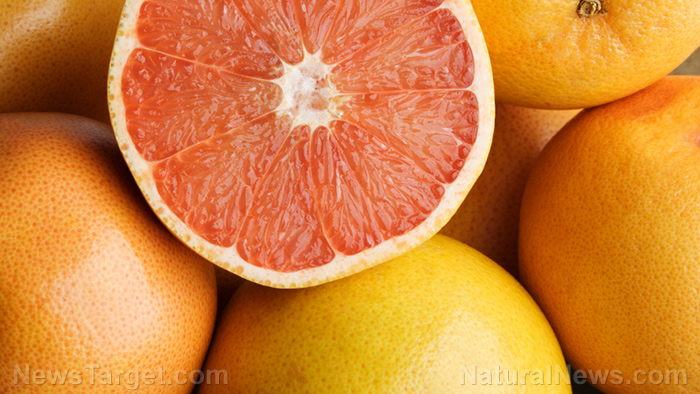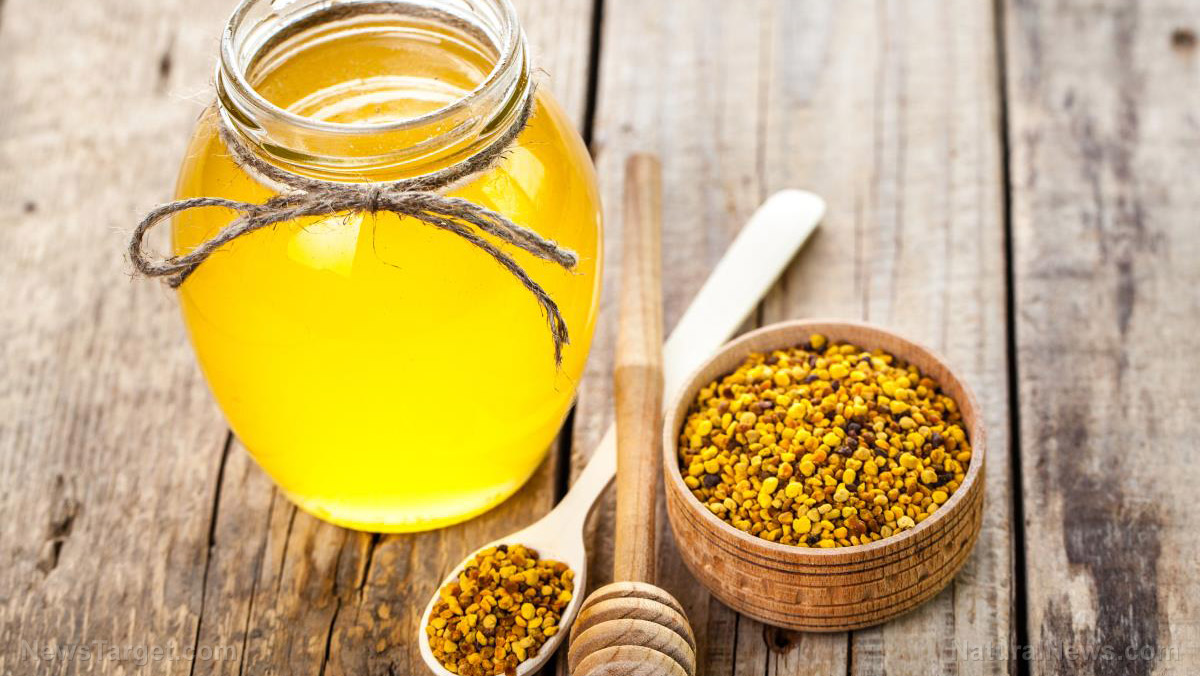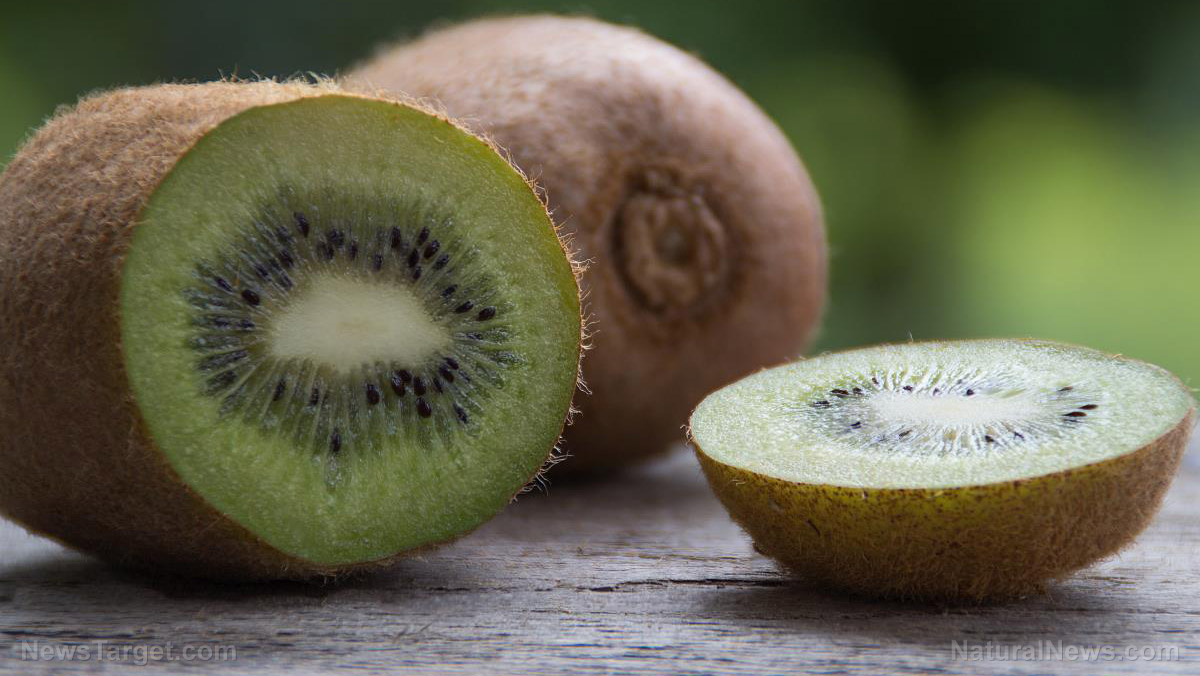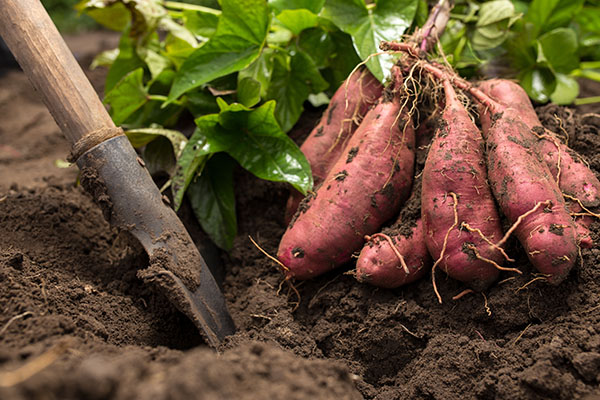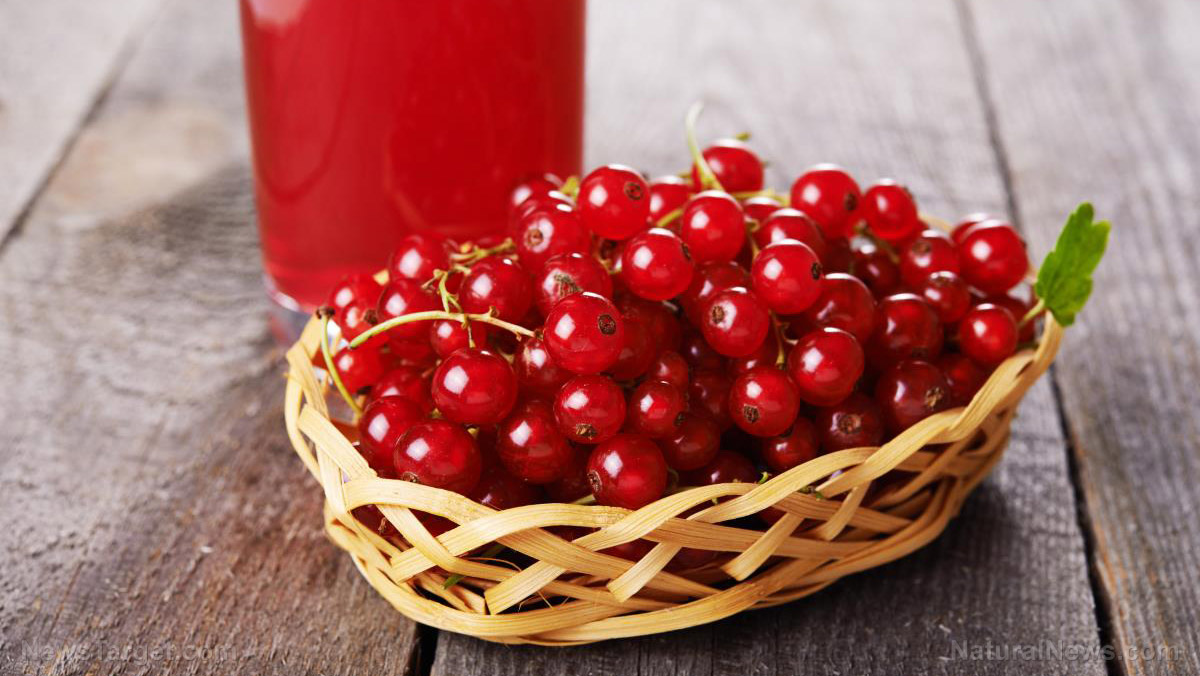Boost your antioxidant intake with cinnamon, a versatile spice with a sweet and warm flavor profile
11/17/2023 / By Zoey Sky

Cinnamon is a popular spice known for its pleasant scent and sweet and warm flavor profile.
It’s often associated with fall and Thanksgiving in the U.S. and is a common ingredient for various sweet and savory dishes around the world.
What is cinnamon?
Cinnamon is a fragrant spice that is made by cutting the stems of cinnamon trees (Cinnamomum verum). The inner bark is removed and saved while the outer parts, which are too woody, are discarded.
The inner bark forms strips that curl into rolls when dried, forming the cinnamon sticks that you may already be familiar with. Cinnamon sticks can be used whole for cooking and seasoning or ground into powder.
Cinnamon is native to Asia, particularly in Sri Lanka (formerly Ceylon), the coast of India and Myanmar (Burma). Now, cinnamon is also cultivated in South America and the West Indies.
Cinnamon has been consumed by humans for thousands of years, dating back as early as 2,000 B.C. The spice was also used in Egypt for embalming and religious practices.
Cinnamon was used as a preservative for meats during the winter thousands of years ago.
In medieval times, doctors used cinnamon to treat conditions like arthritis, coughs and sore throats.
Health benefits of cinnamon
Research suggests that cinnamon offers some health benefits, depending on the variety and quality used.
Cinnamon has beneficial antioxidants
Cinnamon contains cinnamaldehyde, a polyphenol compound that has been found to have antioxidant properties. Antioxidants are substances that can help protect cells from harmful free radicals. Free radicals can be found in the environment and food and they may contribute to health issues like heart disease and cancer.
Cinnamon may help with Type 2 diabetes
Some studies suggest that cinnamon can help reduce insulin resistance and blood sugar levels. (Related: Study: Cinnamon compound boosts metabolic health and helps fight obesity.)
How to use cinnamon
Here are some suggestions on how different cultures use cinnamon:
- American – Apple pie, chili and coffee cake
- Chinese – Chinese 5-spice blend
- Ethiopian – Berbere spice blend
- Indian – Garam masala
- Mexican – Mexican chocolate
- Middle Eastern – Baharat spice blend
- Moroccan – Tajines
- Vietnamese – Pho broth
Below are more healthy recipes you can try if you have cinnamon at home:
- Apple cinnamon oatmeal breakfast cookies
- Honey cinnamon roasted sweet potato cubes
- Roasted sweet potato cinnamon soup
- Spiced chicken and rice with apples and raisins
- Healthy hot chocolate with cinnamon
Types of cinnamon
There are two main types of commercial cinnamon: Ceylon Cinnamon and cassia cinnamon.
Ceylon cinnamon
Ceylon cinnamon is mostly produced in Sri Lanka. Some people call it “true cinnamon.”
Ceylon cinnamon is more expensive than cassia cinnamon and has more health benefits. It has a milder, sweeter flavor, and it’s best for baking and hot drinks such as hot chocolate.
If you buy supplements, they will likely be Ceylon, especially if it is a good quality supplement.
Cassia cinnamon
Cassia cinnamon comes from Southern China and is mostly produced in Indonesia. It has the stronger smell and flavor of the two varieties.
This cheaper variety is what you can typically find in the spice aisle at the grocery store. Cassia cinnamon is often used in various products containing cinnamon.
Other types of cinnamon include:
- Chinese cassia (Cinnamomum cassia)
- Indonesian cinnamon (C. burmannii)
- Malabar cinnamon (C. citriodorum)
- Vietnamese or Saigon cinnamon (C. loureiroi)
The best way to store cinnamon is in a cool, dry place away from heat and sunlight, such as your pantry.
Considerations before using cinnamon
Cinnamon is generally safe to use, but here are some things to consider if you haven’t tried cinnamon before.
Because there is limited research on cinnamon supplementation, children, pregnant women and women who are breastfeeding should avoid using cinnamon as a treatment.
Cinnamon may affect your blood sugar levels, so if you have diabetes talk to your doctor before taking supplements.
If you regularly take any medications, check with your doctor before you start using cinnamon supplements. They could affect the way antibiotics, blood thinners, diabetes drugs, heart medicines and others work.
Buy high-quality cinnamon, preferably Ceylon cinnamon, and add it to hot chocolate or baked goods for a sweet and warm flavor boost.
Visit Herbs.news to learn more about the health benefits of cinnamon and other herbs and spices.
Watch this clip to learn how to make healthy and delicious apple cinnamon protein muffins.
This video is from the Health Ranger Store channel on Brighteon.com.
More related stories:
4 Health benefits of cinnamon, a powerful spice that can help reduce blood sugar levels.
Cinnamon found to help prevent Alzheimer’s disease.
5 Kid-friendly herbs for treating different ailments.
Sources include:
Submit a correction >>
Tagged Under:
alternative medicine, antioxidants, blood sugar, cinnamon, diabetes cure, food cures, food is medicine, food science, herbal medicine, Herbs, natural cures, natural health, natural medicine, remedies, research, Spices
This article may contain statements that reflect the opinion of the author
RECENT NEWS & ARTICLES
GroceryCures.com is a fact-based public education website published by Grocery Cures Features, LLC.
All content copyright © 2018 by Grocery Cures Features, LLC.
Contact Us with Tips or Corrections
All trademarks, registered trademarks and servicemarks mentioned on this site are the property of their respective owners.



